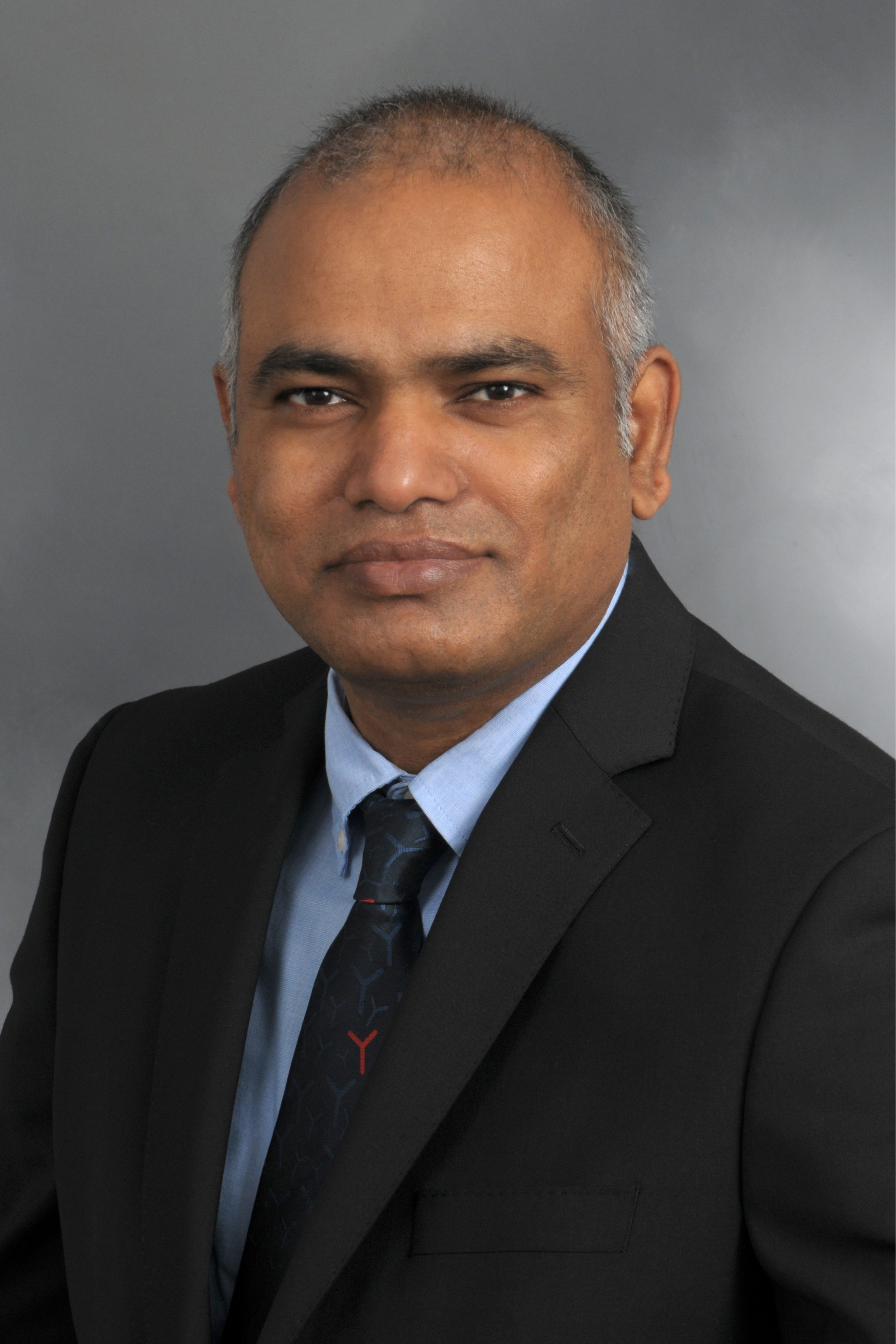 |
Associate Professor E-mail: Pawan.Kumar@stonybrook.edu |
|
| Publications | ||
|
Research |
Mucosal Immunology The major focus of my laboratory is to understand how immune cell, microbiota and epithelial cell crosstalk influences intestinal and extra intestinal mucosal host defense. Our lab focuses on the following areas of research: IL-17A and mucosal host defense: IL-17A, derived from Th17 cells, is a pro-inflammatory cytokine implicated in autoimmune disorders. However, IL-17A also has beneficial effects in the gut. This differential role of IL-17A in gastrointestinal homeostasis versus systemic autoimmunity remains unclear. Our data supports the concept that Th17 cells are beneficial in regulating gut microbiota and epithelial as well as stem cell homeostatic functions in the gut but may be harmful if dysregulated or elicited against autoantigens. Taking advantage of multiple intestinal epithelial cell-specific IL-17 receptor knockout mouse strains, our laboratory is actively involved in understanding the underlying cellular and molecular mechanisms involved in the regulation of intestinal inflammation, the microbiome as well as extra-intestinal metabolic disorder and autoimmune inflammation. Differentiation pathways of Th17 cells: Our lab studies the molecular pathways regulating immune cell (especially Th17 cell) differentiation. Murine Th17 cell differentiation is influenced by various cytokines including IL-6, TGFb, IL-23 and IL-1b. RORγt and Aryl hydrocarbon receptor (AhR) have been shown to regulate Th17 cells. Th17 cells still differentiate in the absence of AhR. We found that nuclear factor (erythroid-derived 2)-like 2 (Nrf2) selectively regulates IL-17A and IL-22 responses in CD4+ T cells. Our lab is actively involved in screening additional pathways that regulate Th17 cell differentiation. IL-22 and mucosal host defense. IL-22, derived from type 3 innate lymphoid cells (ILC3) and Th17 cells, plays an important role in intestinal and extra-intestinal host defense. Mice deficient in IL-22 or its receptor, IL-22Ra1, are highly susceptible to colitis and metabolic disorders. The pleiotropic effects of IL-22 coupled with the diverse array of cell types (gut epithelial, hepatocytes and adipocytes) that express IL-22Ra1 have made it difficult to interpret prior results obtained with germ-line knockout mice models. How IL-22 interacts with specific intestinal (Paneth, goblet and absorptive enterocytes) and extra-intestinal (hepatocytes and adipocytes) cell types and whether molecular synergy exists among these organs remains unclear. Our lab is actively involved in understanding the mechanisms of IL-22-mediated protective and inflammatory roles in IBD and systemic metabolic disorders. |
|
|
Lab Members |
Postdoctoral Fellows Ankita Singh, PhD Undergraduate Student Ruhee Damie |
|

